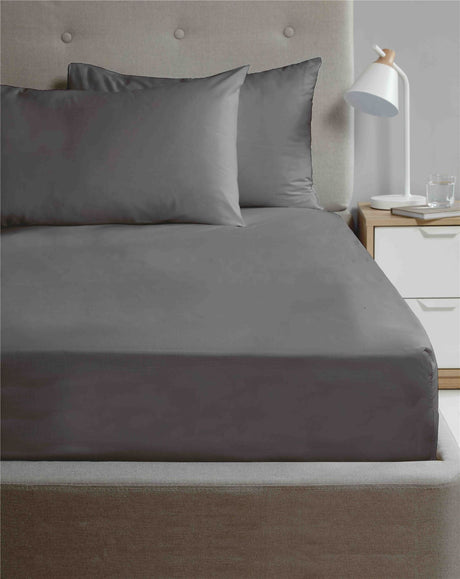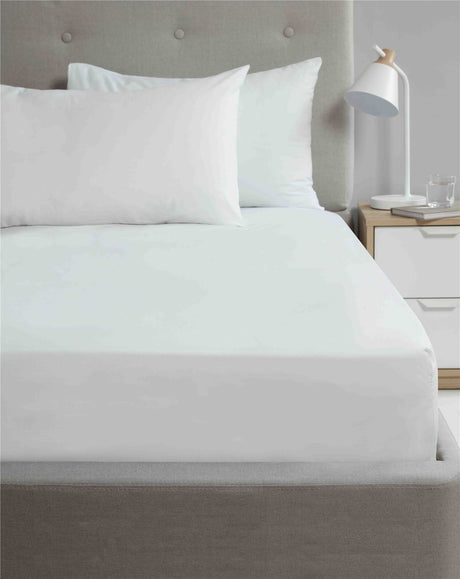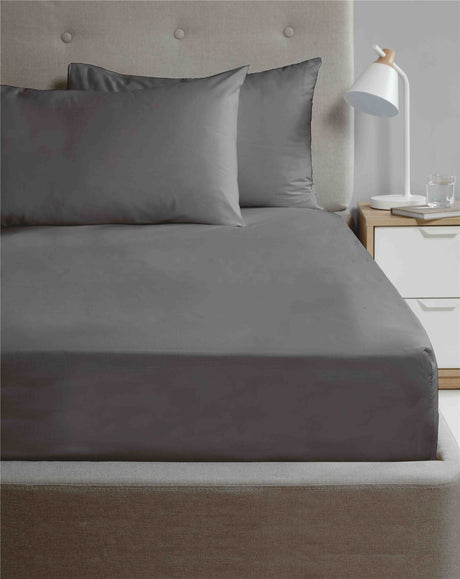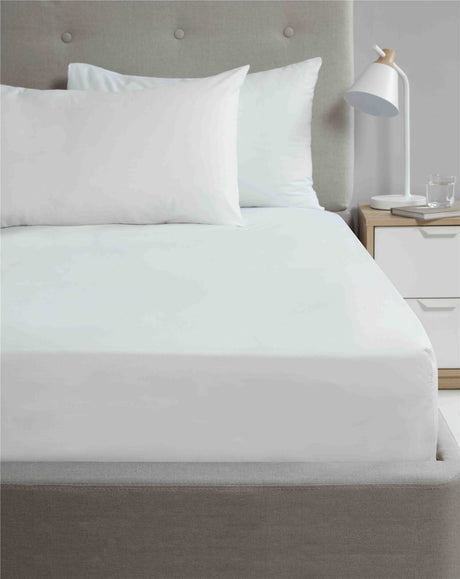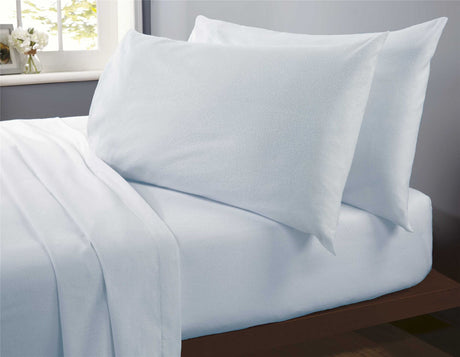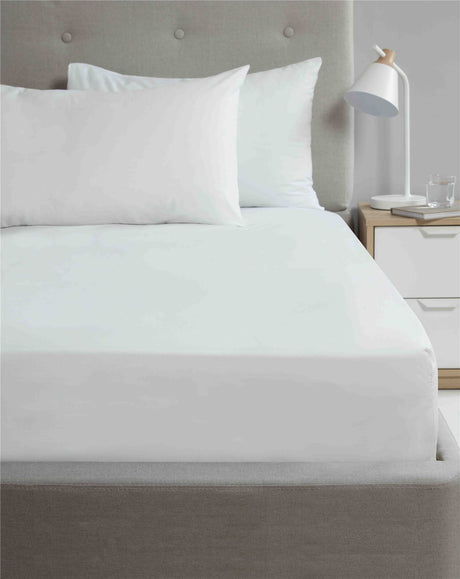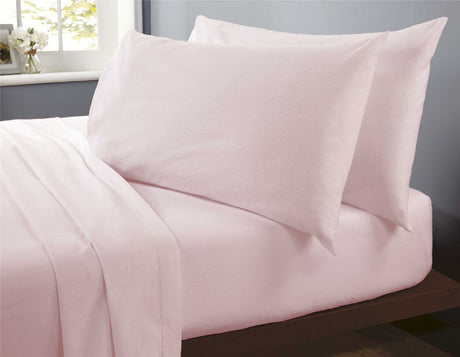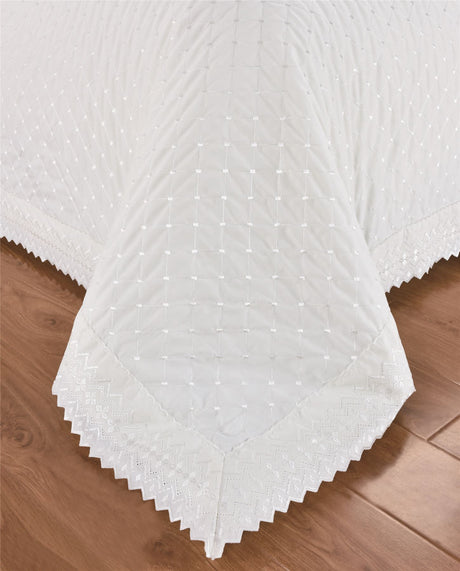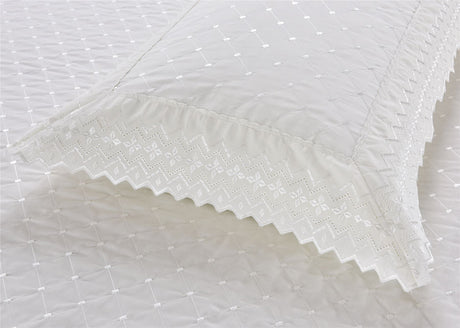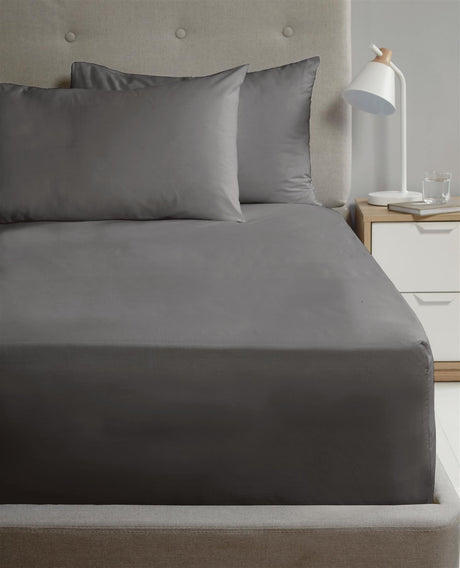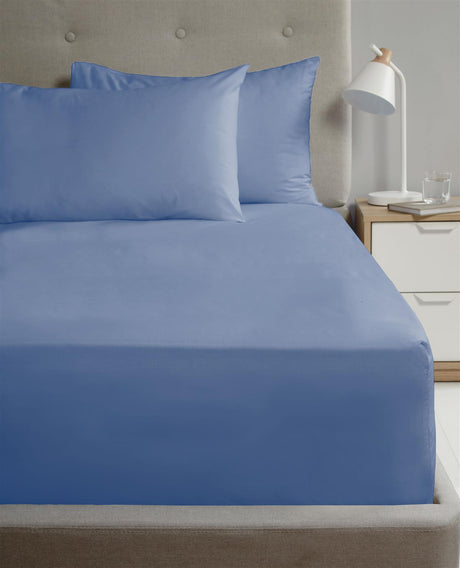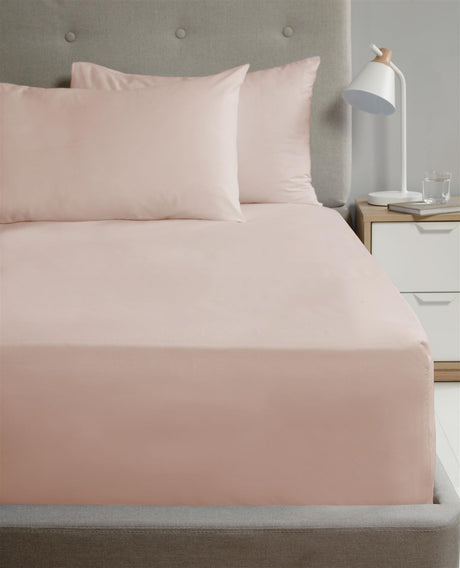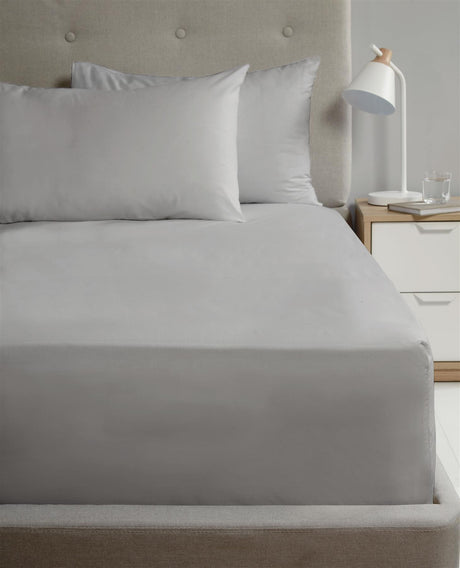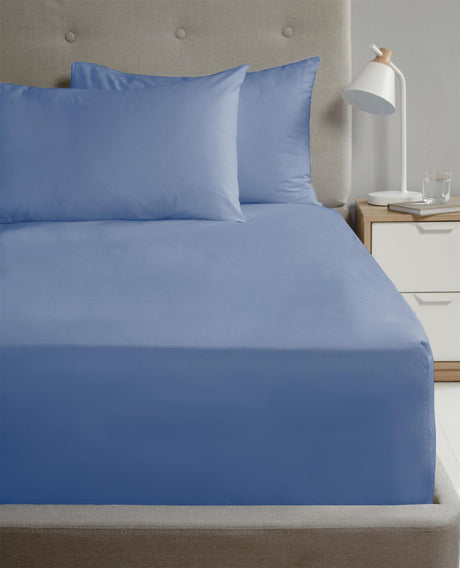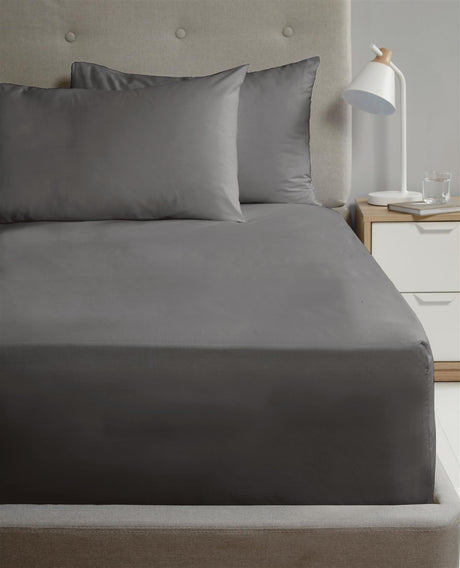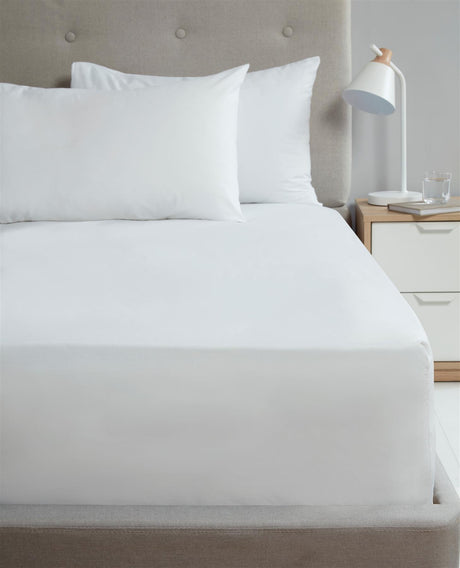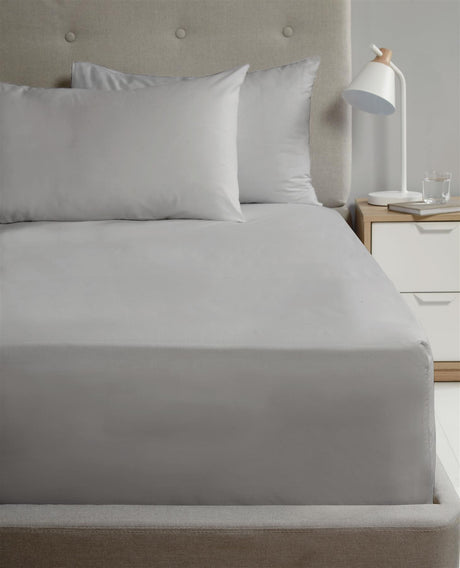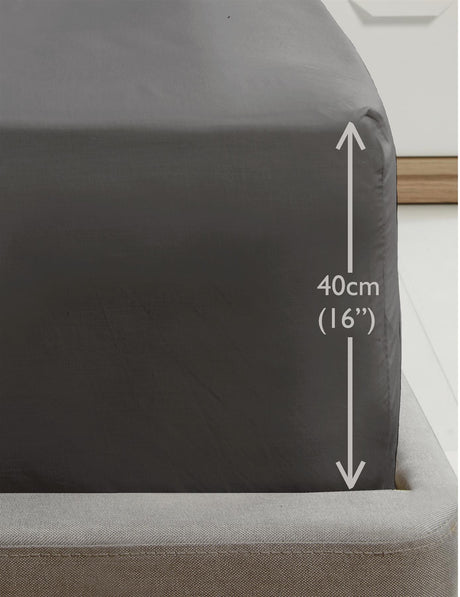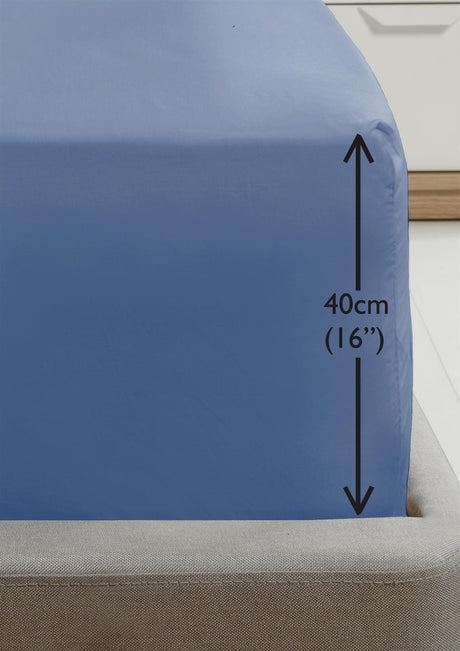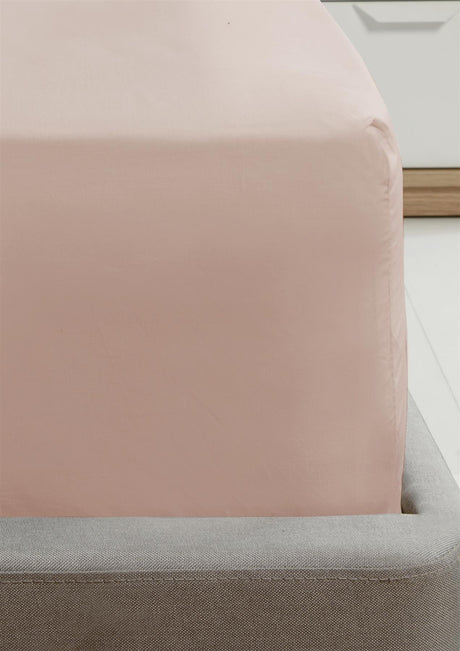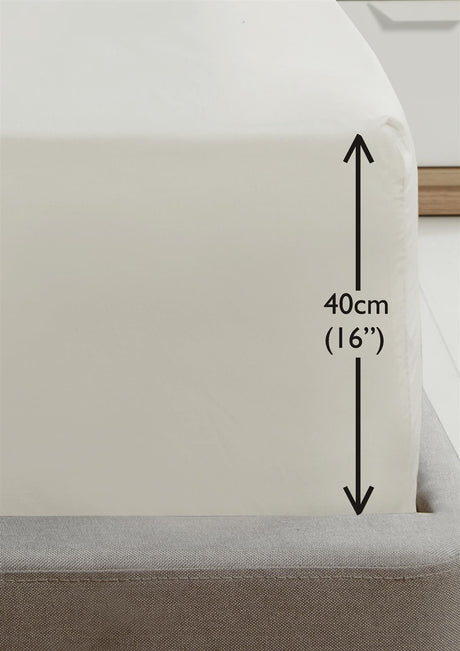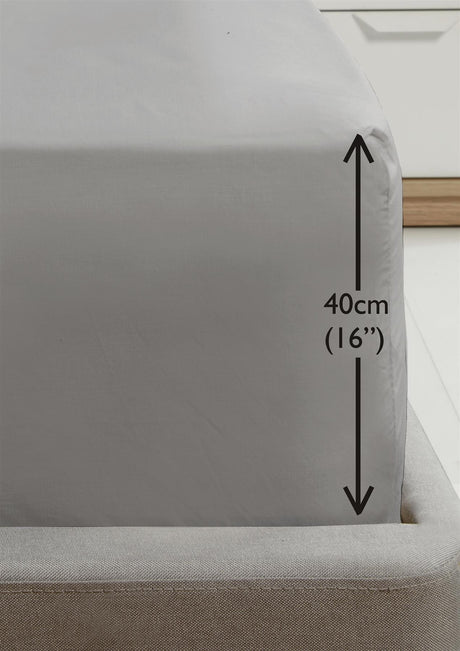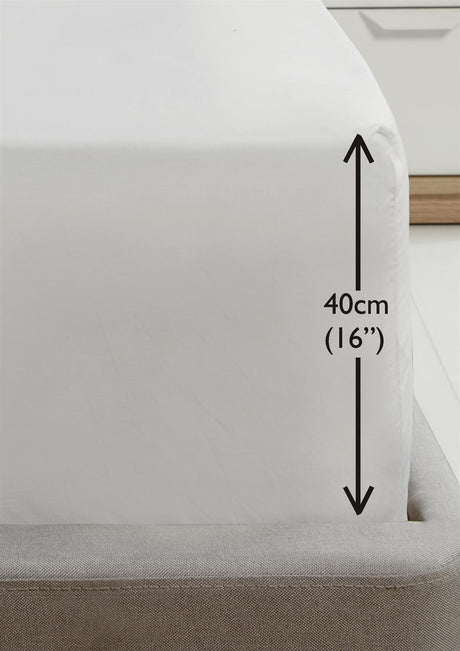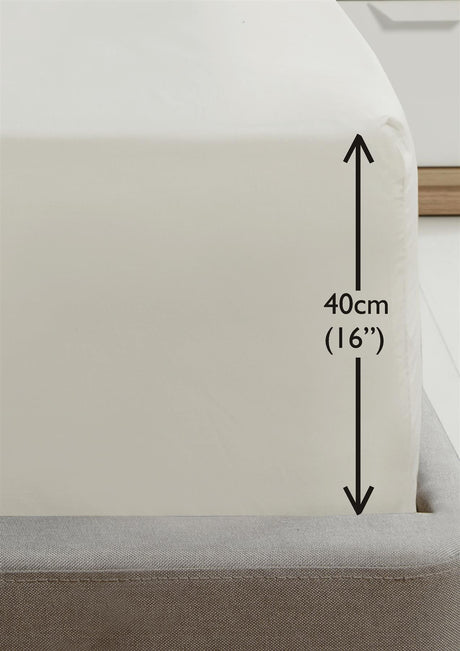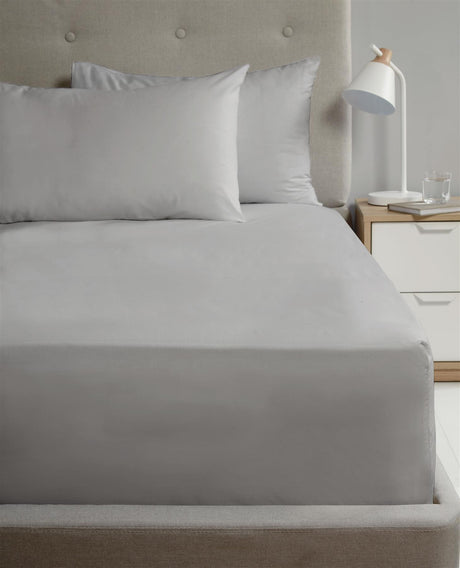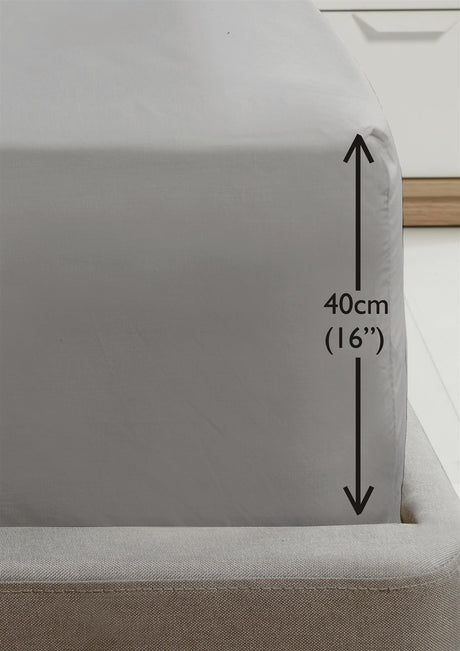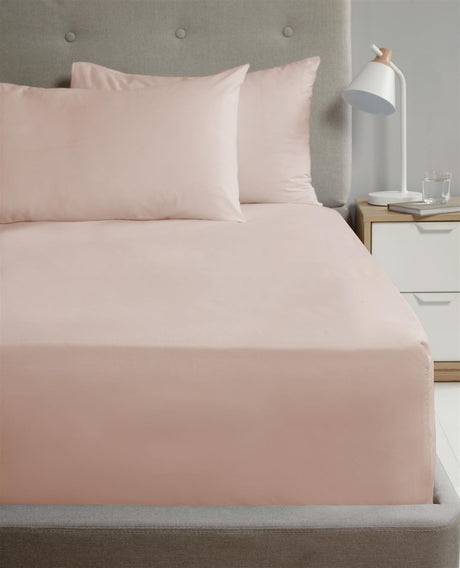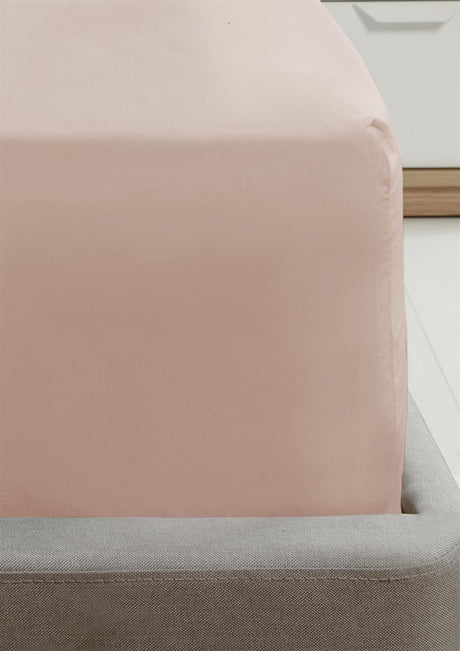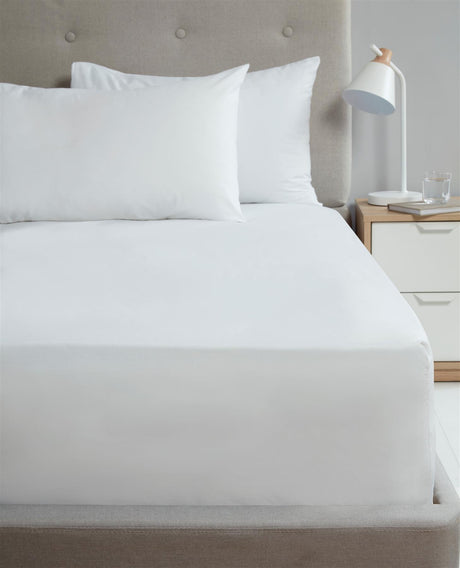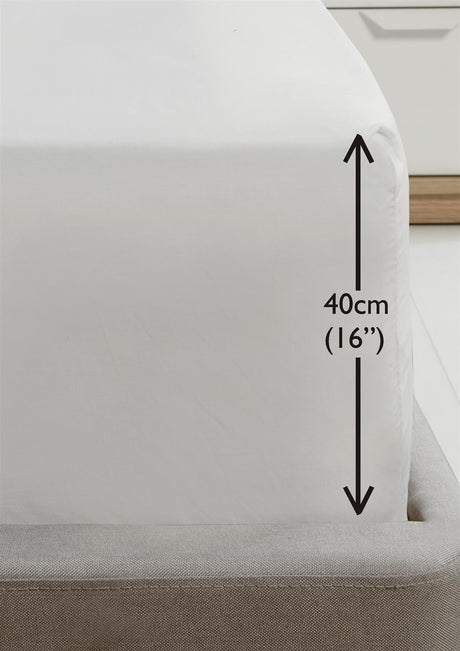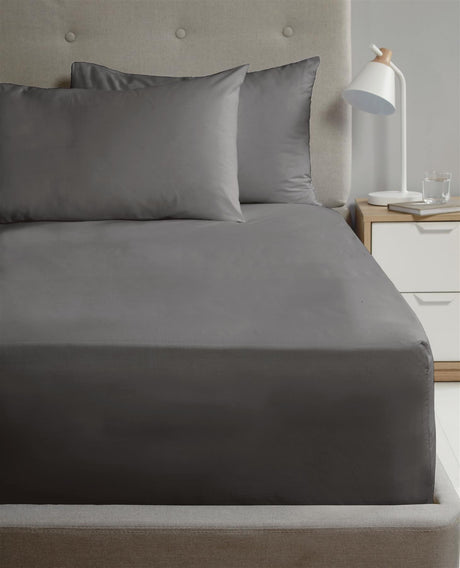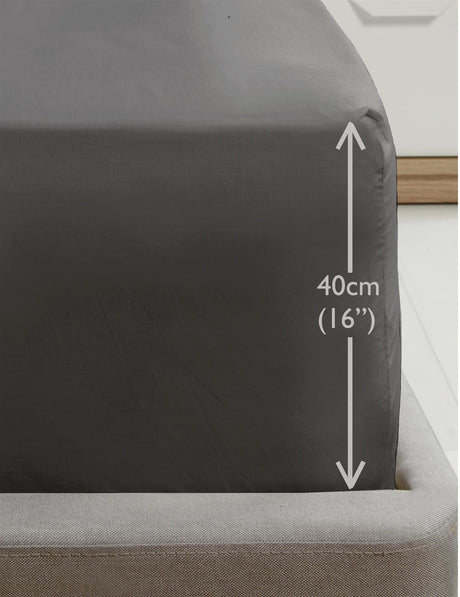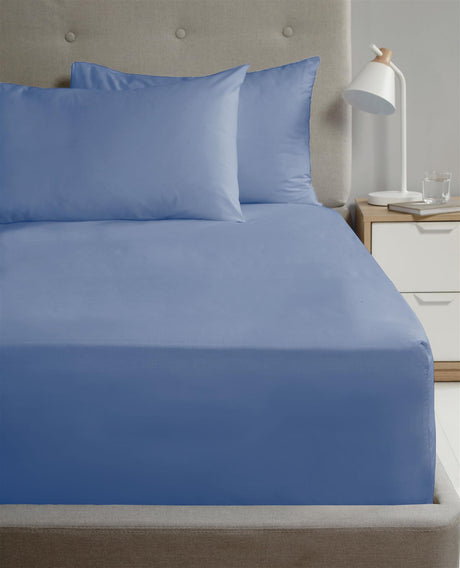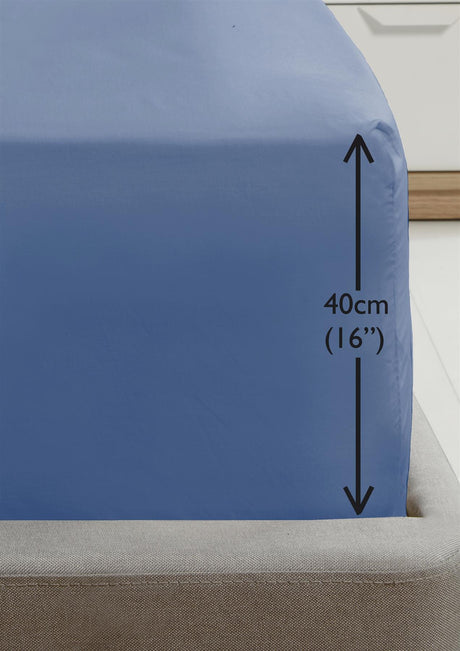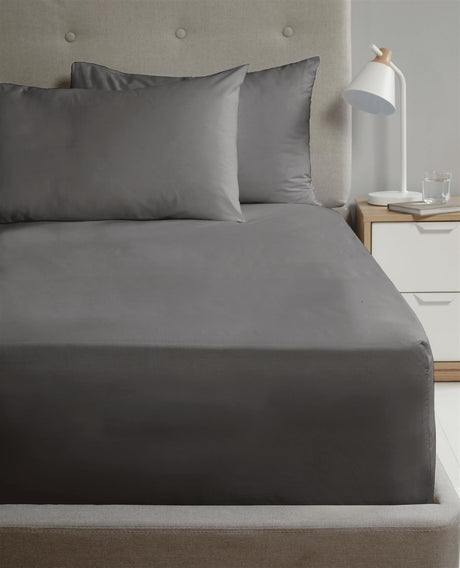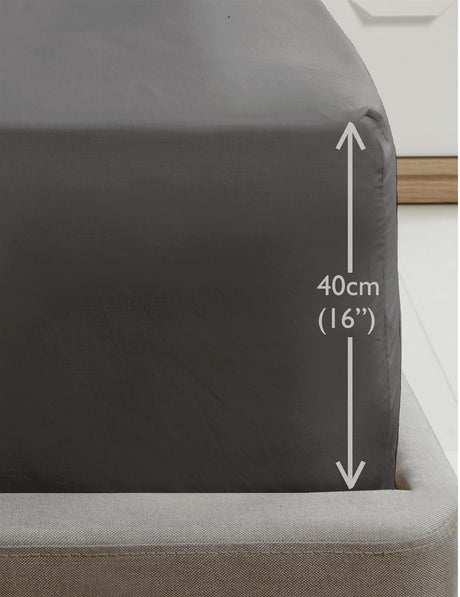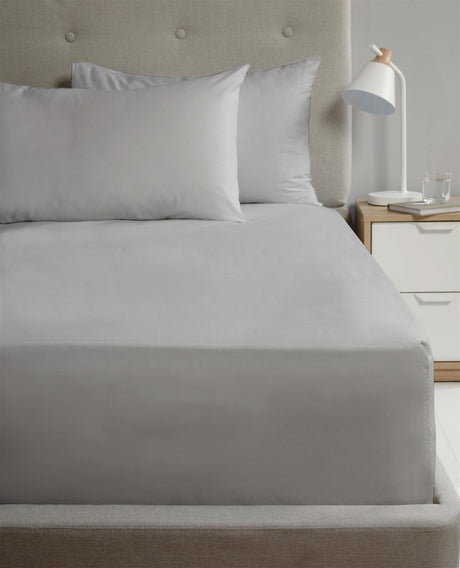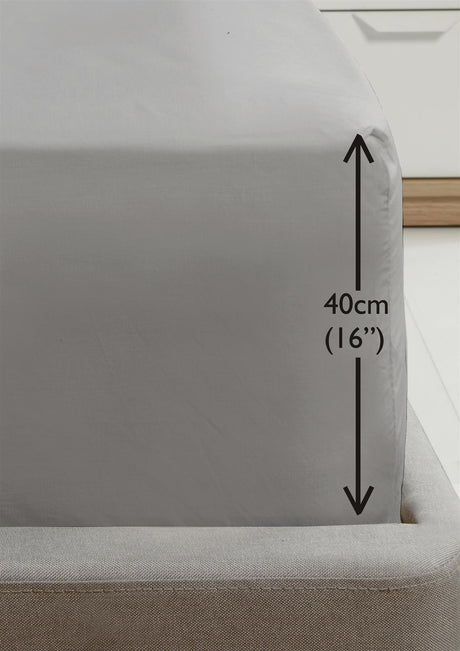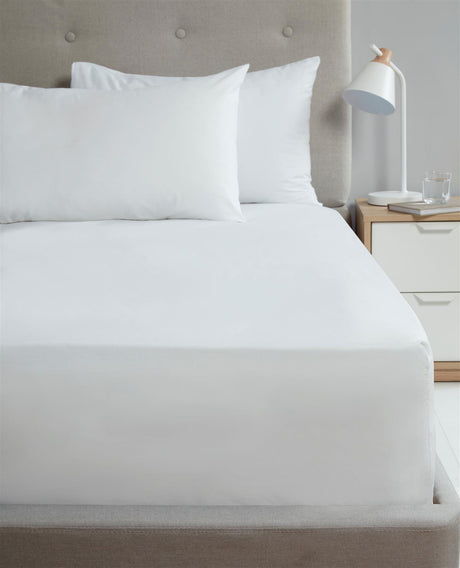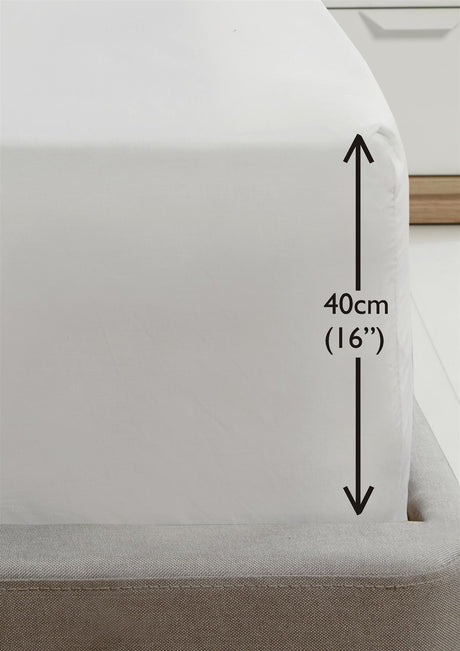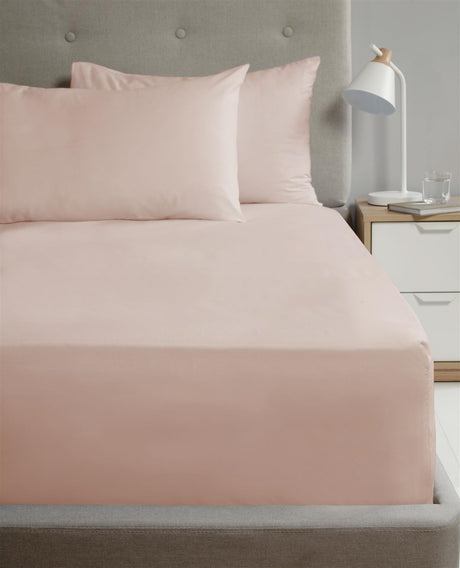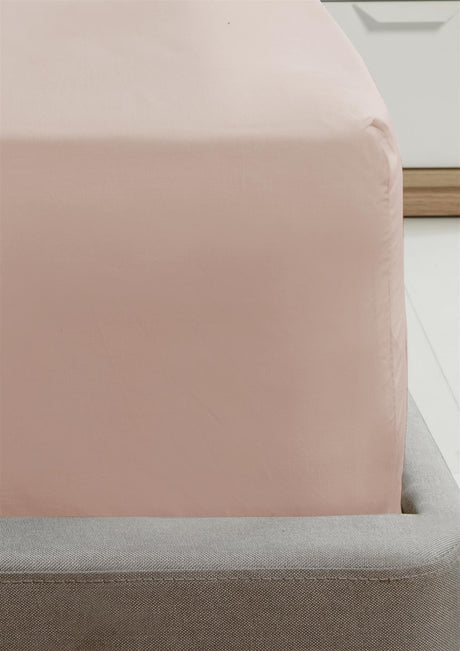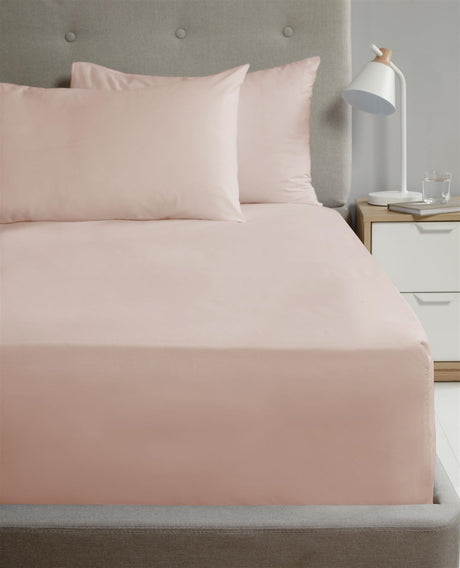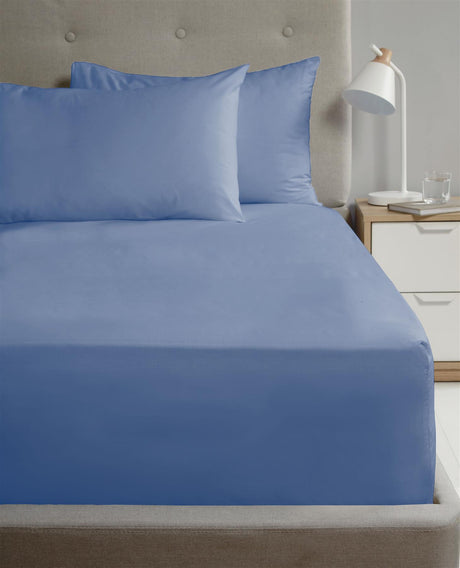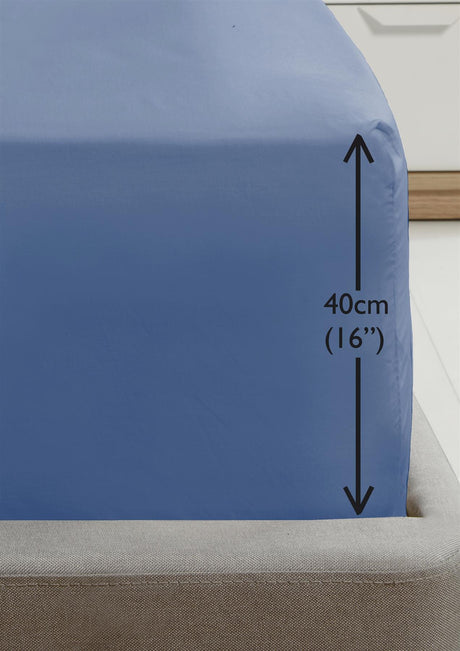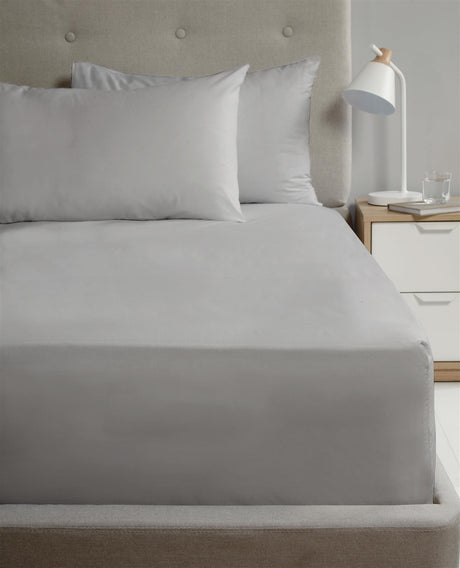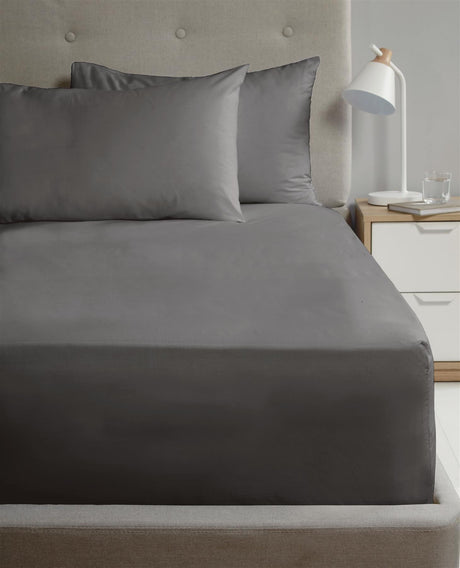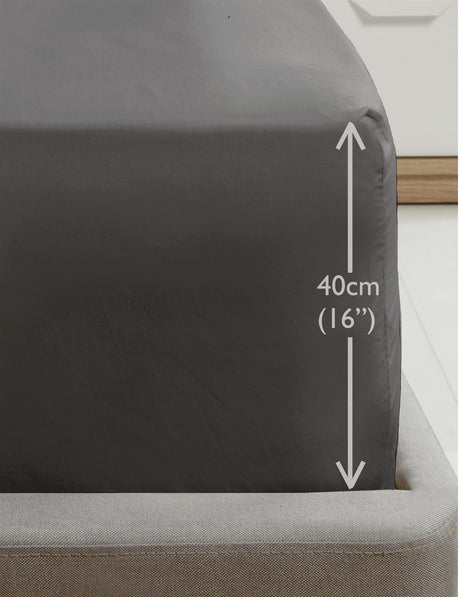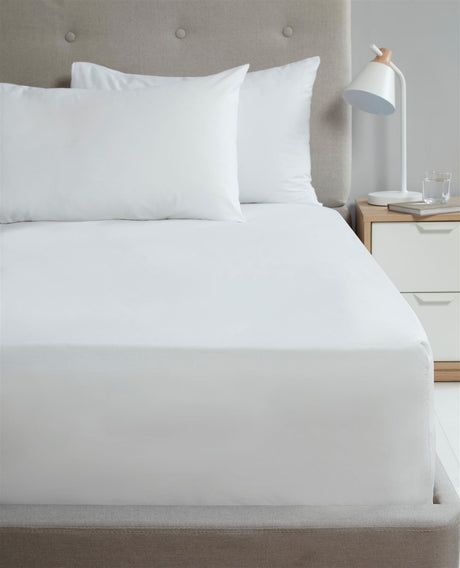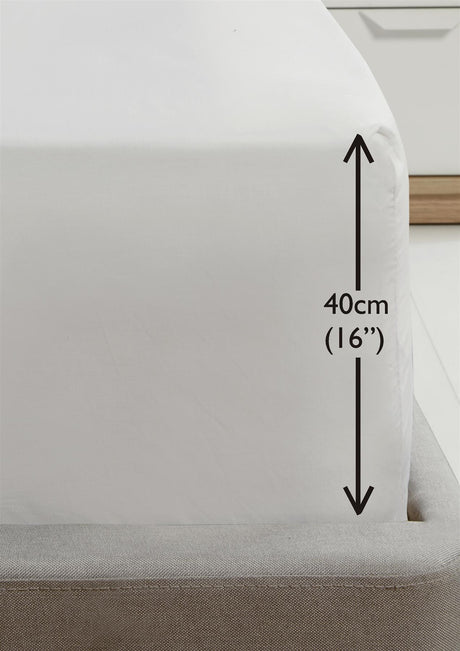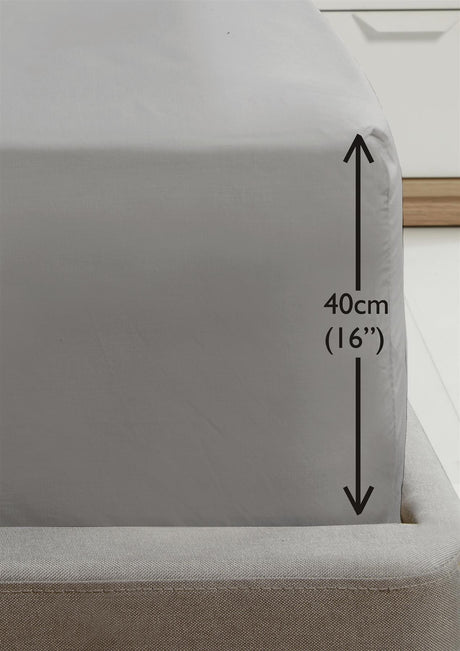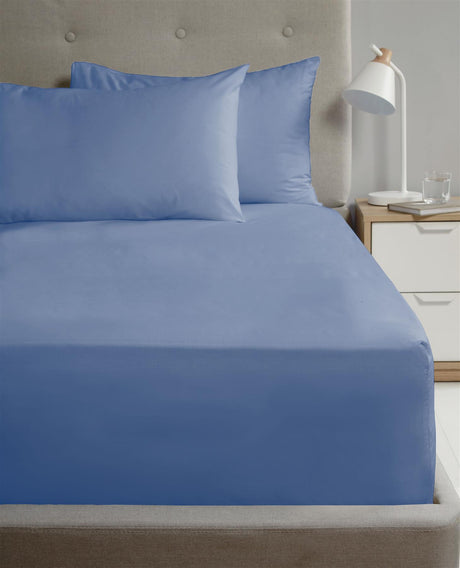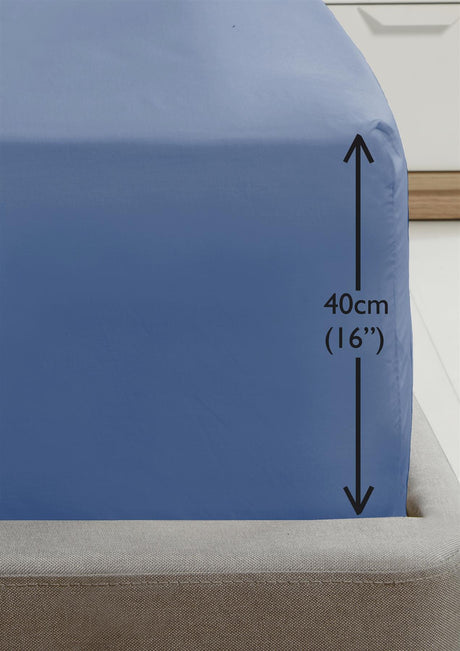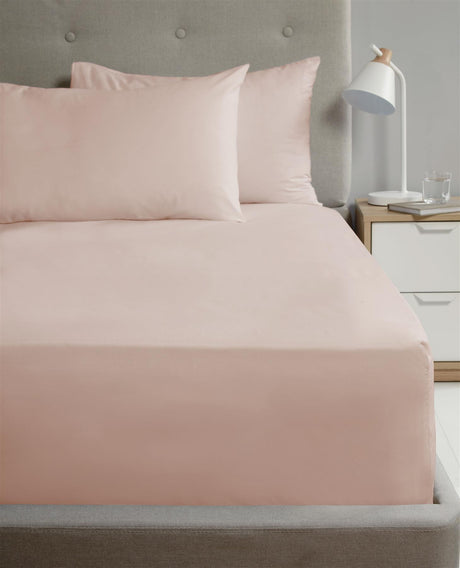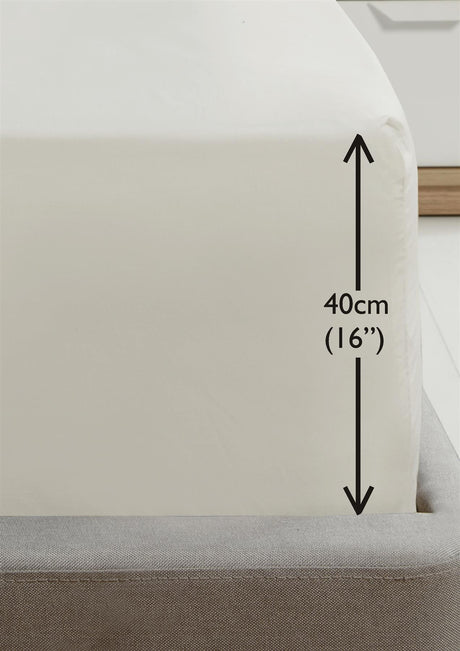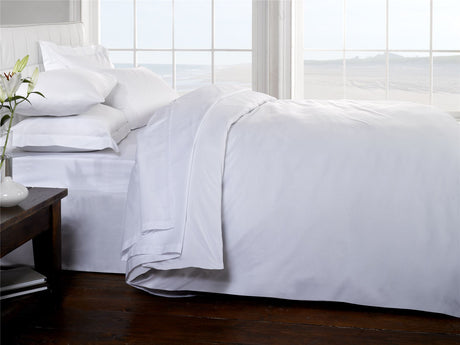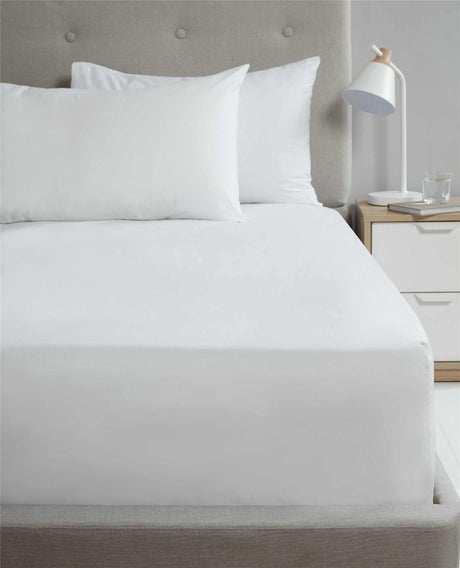The importance of regular bed sheet changes
There’s something incredibly satisfying about slipping into bed after a long day and feeling the soft embrace of clean, freshly laundered sheets. But the benefits of regular bed sheet changes go far beyond comfort. A consistent sheet-washing routine can make a meaningful difference to your health, sleep quality, and overall home hygiene. In this guide, we’re unpacking the why, when, and how of keeping your sheets fresh, with tips backed by expert advice and survey insights.
So, if you’ve ever wondered how often you should change your sheets (or felt low-key guilty about forgetting), you're in the right place.
Why regular bed sheet changes matter
Your health deserves a clean bed. While you’re catching up on zzz’s, your sheets are busy collecting dust, sweat, skin cells, and body oils. It sounds a little icky, but it’s totally natural. The thing is, if these particles build up unchecked, they can become a hotspot for dust mites, bacteria, and even fungi. For people with allergies, asthma, or sensitive skin, this can lead to flare-ups, irritation, and restless nights. Changing your bed sheets weekly (or every 3–4 days if you’ve got extra sensitivity or sleep with pets) helps keep these unwanted guests at bay, creating a cleaner, more breathable sleep space.
Better sheets, better sleep. There’s something so soothing about the feel and smell of fresh sheets. It’s like your brain gets a little signal: time to unwind. The crisp texture, clean scent, and knowing you’re wrapped in something clean all contribute to a deeper sense of relaxation. Studies suggest that clean bedding contributes to better sleep quality, from helping you fall asleep faster to keeping you asleep longer. If you’re craving more restorative shut-eye, this small change can make a big difference.
Dermatologist and cleaning expert insights
Skin care starts in your sleep. Dermatologists are all about clean bedding, especially for anyone struggling with acne or eczema. As your body rests, your skin is shedding cells and releasing oils. When left to linger on your sheets, this residue can clog pores or cause irritation. Dermatologists recommend changing your sheets once a week at minimum—and more frequently if you sweat heavily at night or have particularly sensitive skin. Hot water washes are ideal, as they help eliminate bacteria and dust mites. And for detergent? Look for gentle, fragrance-free formulas that won't aggravate your skin.
Cleaning pros weigh in. Cleaning experts echo this advice: the weekly sheet change is your sweet spot. For those with busy schedules, setting a recurring reminder can help. When washing, don’t overload your machine—sheets need room to move! And always check the label for washing instructions. Most cotton sheets do best in warm water on a gentle cycle. If you’re using linen or silk, stick with cooler temps to preserve the fibres. Want to extend their lifespan? Skip the bleach, and opt for white vinegar in the rinse cycle to naturally soften and freshen.

Washing tips that work
A clean wash starts with knowing your fabric. Cotton sheets are durable and breathable—perfect for frequent washing. Linen is naturally antibacterial but needs a gentler touch. No matter the material, avoid fabric softeners which can coat fibres and reduce breathability. Instead, toss in a little baking soda or white vinegar to boost freshness. When drying, low heat or line drying is ideal. Overheating can cause shrinkage and weaken the fabric over time. Pro tip: fold your sheets neatly right after drying to avoid wrinkles, and store them in a breathable space (bonus points for adding a lavender sachet!).
Smart storage suggestions
Once your sheets are clean and dry, storage matters too. Keep them in a cool, dry place away from sunlight to avoid fading and mildew. Stack them by size or use fabric bins to keep everything tidy. One cute trick? Tuck each sheet set into its matching pillowcase so it’s all ready to go next time. If you’re tight on space, vacuum-sealed bags are great for out-of-season bedding—just make sure sheets are 100% dry before sealing.
Special considerations: pets and allergies
For pet lovers Sharing your bed with a furry friend? You’re not alone. But pets can bring extra dander, fur, and even outdoor allergens into the mix. In pet-friendly homes, washing sheets every 3–4 days can help maintain cleanliness and reduce allergy flare-ups. Stick to durable, easy-wash fabrics like cotton or microfiber, and consider using a mattress protector for an added layer of defence. Regular pet grooming and wiping their paws before bed also helps keep your space cleaner.
Allergy relief starts in the bedroom Dust mites thrive in warm, humid bedding, and their presence can trigger allergy symptoms like sneezing, itchy eyes, and congestion. Weekly hot washes can significantly reduce dust mite populations. And if you really want to level up your allergy game, invest in hypoallergenic covers for pillows and mattresses. Pair these with fragrance-free laundry products and you’ll be sleeping in a space that supports your respiratory health and overall comfort.
Survey insights: how often are people actually changing their sheets?
We get it—life gets busy. But survey data shows some eye-opening trends: while the ideal is weekly, many people change their sheets every two weeks, and some even stretch it to three or four. Younger adults tend to wash more frequently, possibly due to social trends around hygiene and wellness. Women are also more likely to stick to a regular washing schedule than men. And yes, pet owners and allergy sufferers tend to be the most diligent about keeping those sheets fresh.
The takeaway? You’re not alone if your routine could use a little refresh—but there’s no shame, just a great opportunity to start a habit that truly pays off.

The bigger picture: a clean bed equals a happy home
Regular bed sheet changes are a simple habit with big benefits. It’s not just about cleanliness—it’s about creating a space that feels good, smells fresh, and helps your body rest and recover. Think of it as a small act of self-care that pays off every single night.
So next time you're doing laundry, treat your bed to some love too. Your future self (and your skin, lungs, and sleep cycle) will be oh-so-grateful.

